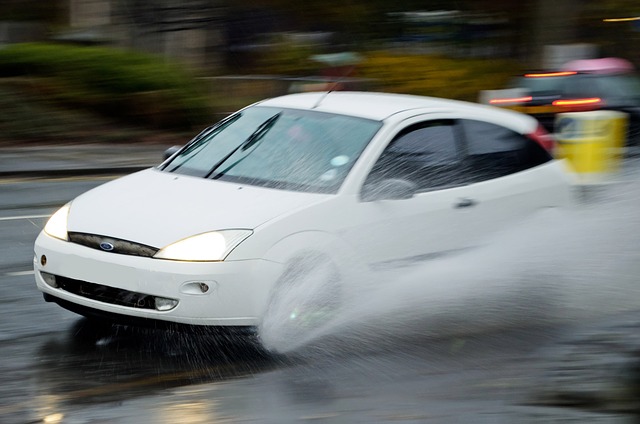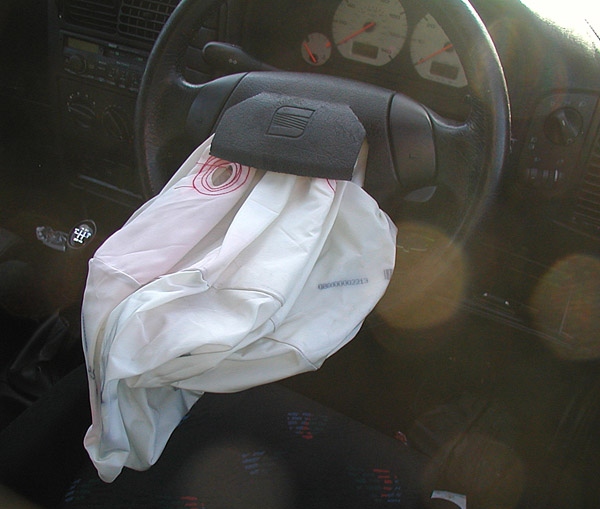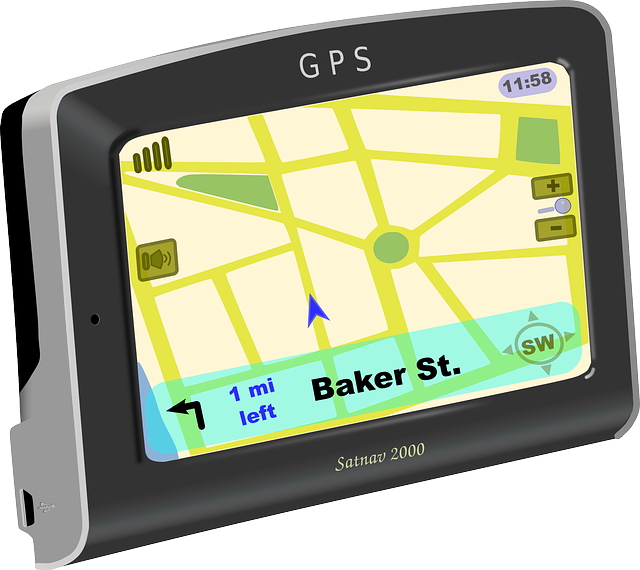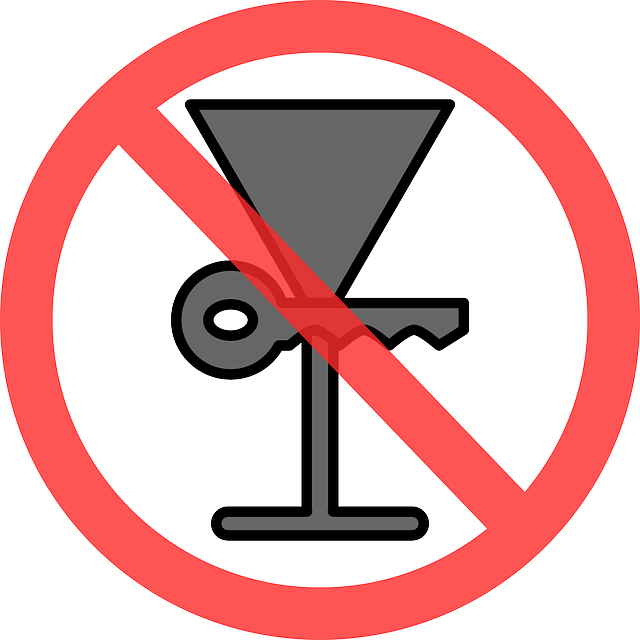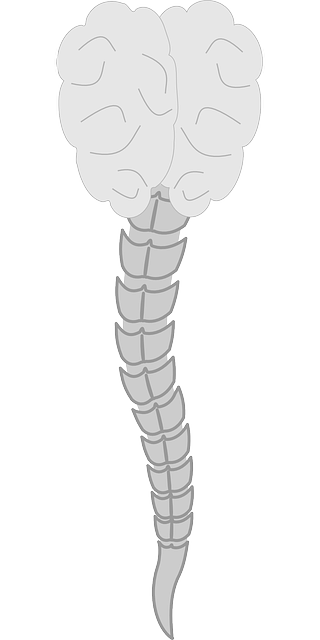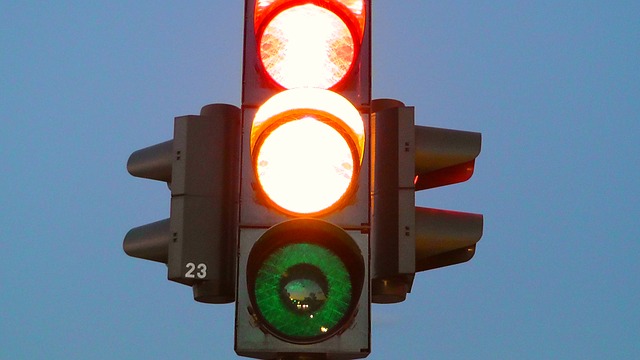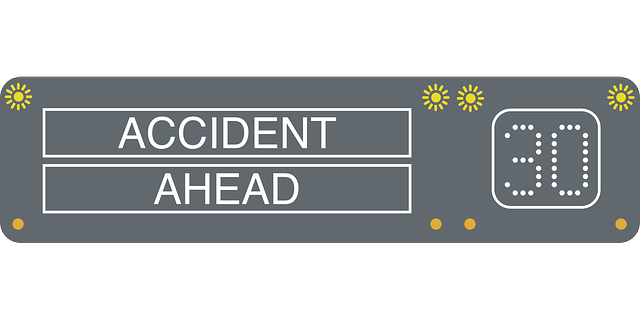After years of trying to pass texting bans, Florida has created a law, known as Statute Section 316.305 or the “Florida Ban on Texting While Driving Law.” This law went into effect on October 1 of this year and makes it a secondary offense for drivers to text while driving. Those who are caught texting and driving will have to pay a fine. Those who text while driving in school zones and those who cause accidents while texting will also have points against their license – as will repeat offenders. Many praise the legislation as a step in the right direction for preventing traffic accidents in Hollywood and across Florida.
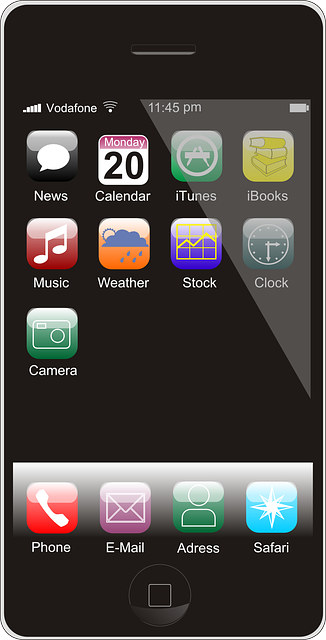
Many experts say that the texting ban is long overdue. Now, only Montana, South Carolina, and Arizona still permit texting while driving. Indeed, research has shown that distracted driving is a pressing issue in Florida and across the country. The Florida Department of Transportation (FDOT) reports that 448 000 people were injured and 5474 people were killed in the US in 2009 due to distracted driving. In a 2010 FDOT poll, 64% of respondents cited distracted driving as the most pressing traffic issue in Florida. According to the Florida Department of Highway Safety and Motor Vehicles, distracted driving contributed to more than 2000 car collisions in Florida in 2010. Distracted driving that year was linked to 1474 injuries, seven deaths, and 542 instances of property damage. Despite this, many attempts to pass a texting ban in Florida have not been successful before this year.
Now that the texting ban is in place, can we expect to see fewer car and truck accidents in Hollywood, Miami, and other Florida cities? Not necessarily, say experts.
Part of the problem is that the law only addresses texting while driving – not the many other types of distractions that also cause car accidents and motorcycle accidents in Hollywood and other cities each year. The National Highway Traffic Safety Administration (NHTSA) and others agree that distraction while driving includes not just texting but any activity that takes the focus from the road and from driving. According to safety experts, distracted driving can include:
•Speaking on a cell phone
•Speaking with passengers
•Retrieving something from the floor, glove compartment, or back seat of the car
•Grooming
•Checking maps, GPS systems, or reading
•Drinking and eating
•Daydreaming
•Watching a video
•Turning to look at a car accident or billboard
•Adjusting a GPS system, on-board computer, MP3 player, iPod, CD player, or any other in-car technology
Other safety experts note that the texting ban is too lax, resulting in fines that are too small and not giving police enough authority to pull over anyone they believe is texting while driving. Many would like to see tougher penalties for the offense.
 Florida Car Accident Lawyer Blog
Florida Car Accident Lawyer Blog


